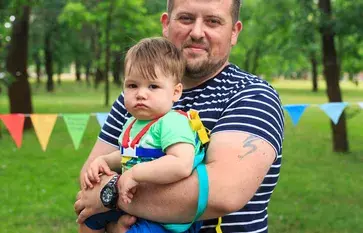Traditional gender norms create invisible barriers to men’s full participation in family life and parenthood

Unpaid care work is often considered a secondary issue, but it’s one of the key drivers of women’s inequality. In Eastern Europe it is also an element in continuing low fertility as the prospect of having to shoulder most of the unpaid care forces women to choose between having children and having a career.
Gender stereotypes limit the opportunities and agency of both men and women. Societal gender norms about the traditional role of men often value fathers as strong breadwinners, rather than as caring and nurturing parents. This creates invisible barriers to men’s full participation in family life and parenthood, while also reinforcing unequal, discriminatory gender norms.
Over the past 10 years, new data on men and gender relations has emerged from the region. Such data provides evidence that equality in caregiving is good not only for women’s empowerment and children’s well-being, but also for men themselves. Research shows that involved fathers feel more emotionally connected to their partners and to their children, and that they live happier, longer lives.
The MenEngage Platform brings together a community dedicated to promoting a more equitable division of labour in the household, by supporting the use of evidence-based interventions to challenge the underlying gender norms that stop men from actively engaging in unpaid care.
Read the latest research, tools, publications and reports on fatherhood and caregiving here.


